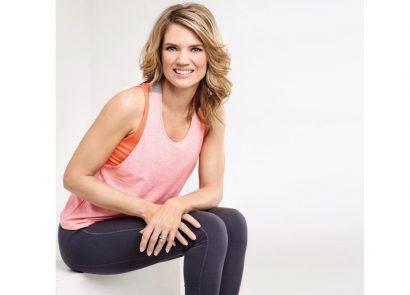“You’re a vegan but you wear leather shoes?”
“You’re vegetarian, but your soap is riddled with palm oil?”
“What’s the point of pescetarianism?”
“If you eat fish, you may as well eat meat!”
Such interrogations are commonplace across the dinner tables of work Christmas meals or family get-togethers, but why is it such a bug-bear for meat eaters when anyone tries to transition towards a plant-based diet? The demand for meat-free food increased by 987 percent in 2017 and going vegan was predicted to be the biggest food trend for 2018, according to The Vegan Society. However, despite the support for the movement, it seems the backlash to this lifestyle choice is also gaining momentum.
“It’s bizarre,” explains Blake Roberts, vegan and Green Party activist. “It’s as if your loved ones are genuinely offended by your decision to make eco-friendly decisions. I’ve been repeatedly quizzed about the reasoning behind my choices, and people seem to take great pleasure in outlining why my veganism makes me hypocritical.It’s funny because I’ve never once pressured somebody into telling me why they do eat meat.”
As the argument for a heavily carnivorous lifestyle is weakening by the minute, it seems many are intent on pointing out any double standard they can find in the vegan ideology. Of course, it’s extremely easy to prove that somebody is imperfect, many of us eat things occasionally that we know we shouldn’t, but should we be questioning somebody on their personal food choices? Making plant-based lifestyles so black and white is dangerous, as people become discouraged from being more conscious when it comes to food consumption in fear of being branded a hypocrite. It’s important that we encourage small changes and everyday decisions which are made with the planet in mind.
So, next time you overhear a relative of yours ordering a nut roast at the family reunion meal, don’t tell him he’s a fraud because he ate a fish finger sandwich at lunch time. He doesn’t want to hear it.





















